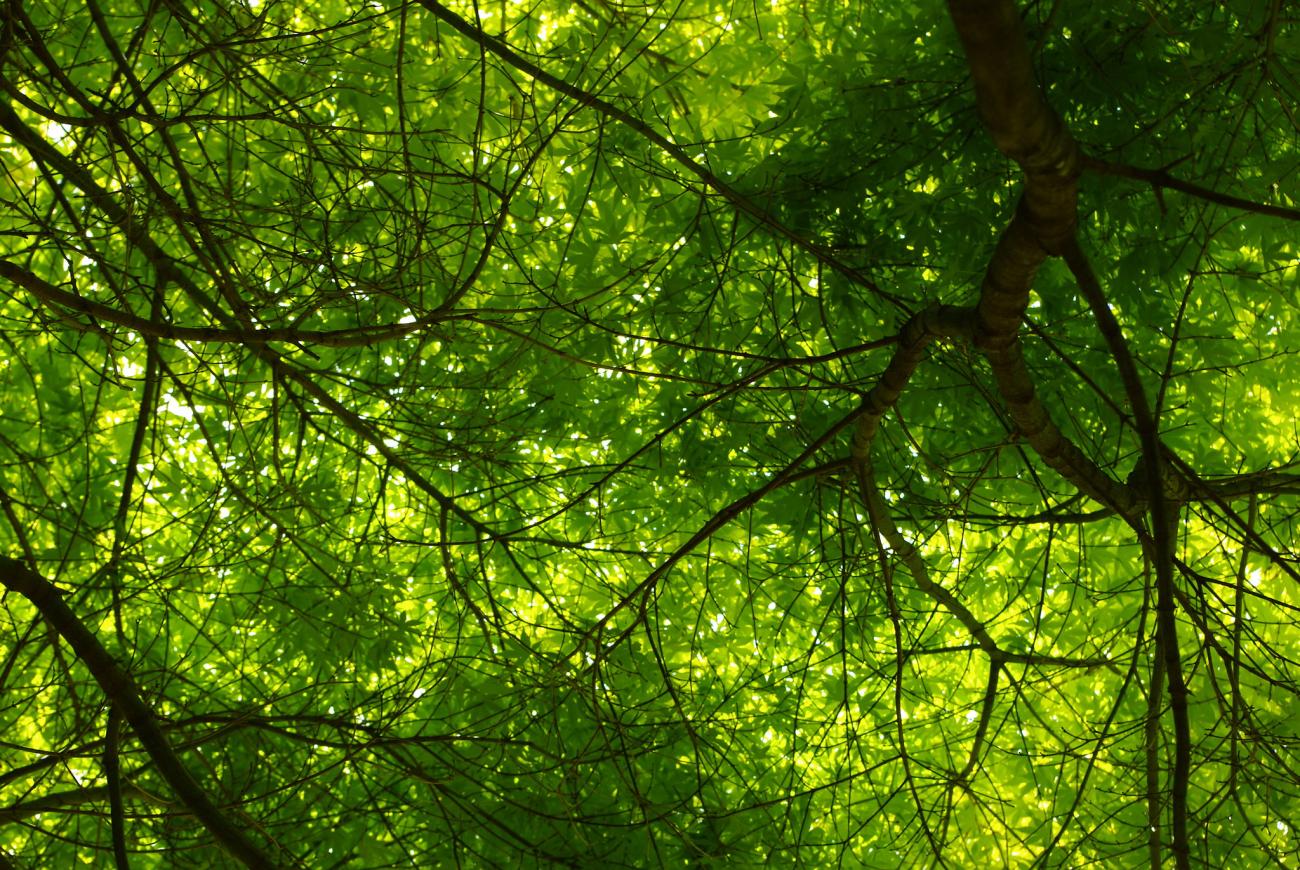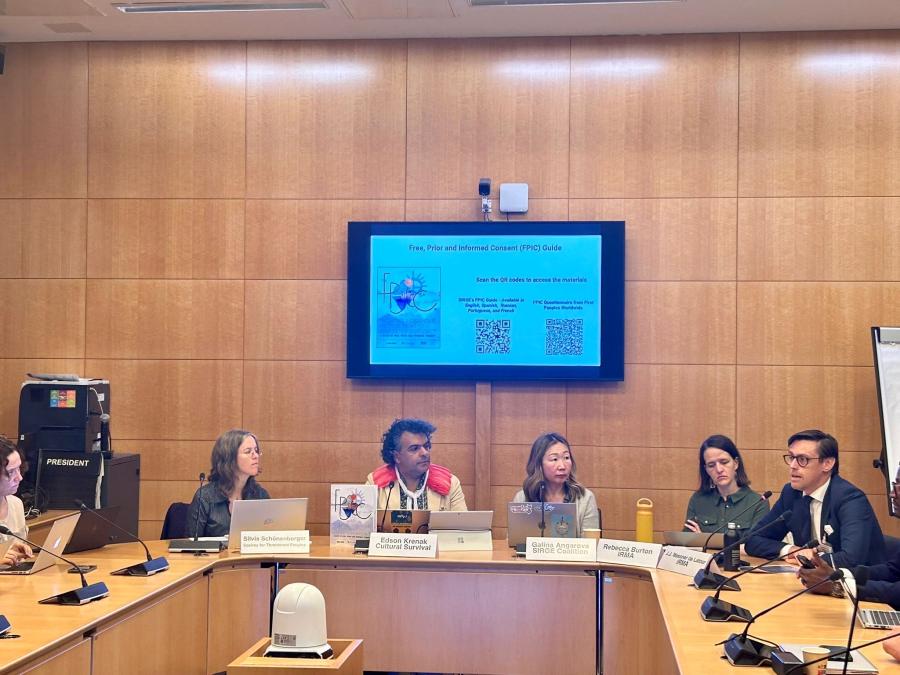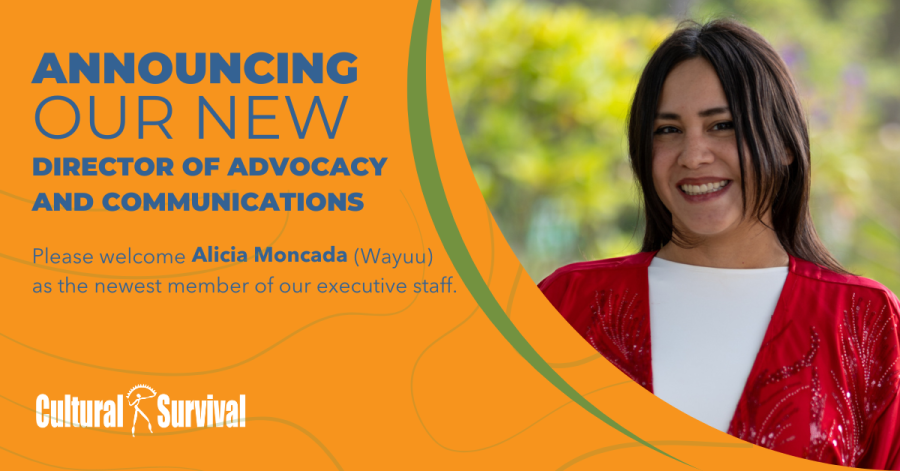
The UN Special Rapporteur on Human Rights Defenders is a position that is well known by activists from all around the world. However, the newly established role of Special Rapporteur on Environmental Defenders might be less known, as it is barely a year old.
According to Global Witness, more than 1,700 environmental activists have been murdered in the last decade counting up to 2021. Given these figures, it is extremely relevant to have a rapporteur focusing specifically on environmental defenders. This new mandate has been filled for the first time by Michel Forst, who already had experience as Special Rapporteur on Human Rights Defenders from 2014 to 2020. It is the first international mechanism in the world dedicated to protecting environmental defenders.
This position is rooted in the provisions established in the Aarhus Convention on Access to Information, Public Participation in Decision-making and Access to Justice in Environmental Matters from the UN Economic Commission for Europe, the seed from which the Escazú Agreement, its equivalent convention, was born in Latin America and the Caribbean. More specifically, the role of a Special Rapporteur on Environmental Defenders comes from a decision to create a rapid response mechanism for the protection of environmental defenders taken by the Meeting of the Parties to the Aarhus Convention in October 2021. Michel Forst was elected for this role by consensus by the Meeting of the Parties in its third extraordinary meeting which took place in June 2022.
Cultural Survival invited a statement from Rapporteur Forst in April 2023 within the framework of the UN Permanent Forum on Indigenous Issues held that month. He sent us a video statement, to share with Indigenous Peoples and supporters worldwide.
The role of Special Rapporteur on Environmental Defenders is especially relevant for Indigenous Peoples, who are on the frontlines of environmental and land defense. According to the Rapporteur, the urgent protection of Indigenous defenders remains at the heart of his mandate. In 2021, roughly 40 percent of murdered environmental defenders were Indigenous, a disproportionately high figure given that Indigenous Peoples comprise roughly 6.2 percent of the global population.
Throughout his different roles at the UN, Michel Forst has traveled to many countries and been in contact with a variety of Indigenous defenders who, in his own words, have taught him that “Water is not only water, forests are not only wood and [the] air we breathe is not only air.”
The Special Rapporteur acknowledges the role Indigenous Peoples play in advocating for increased environmental protections, challenging extractive practices, and exposing environmental crimes, an increasingly crucial role as the climate crisis intensifies. However important the role of environmental and rights defenders is for the survival of our planet, they still face a set of dangers, including threats, attacks, and even murder. This perilous context is precisely the one the Rapporteur tries to address through the tools at his disposal.
Some of these tools include issuing protective measures to limit states or companies from further persecuting defenders. The Rapporteur emphasizes the need for these protection measures to be tailored to address the specific needs and context of Indigenous defenders. Other tools he can use are diplomatic channels, issuing public statements, and bringing the matter to the relevant government. The Rapporteur can also carry out country visits and attend international events where his task will be to gather information and remind states of their obligation to protect environmental defenders. All these instruments will be used in close coordination with other UN mechanisms and even national mechanisms in order to improve their effectiveness.
Another aspect of the Rapporteur’s work will focus on raising awareness to highlight the importance of Indigenous defenders to protect our environment and the need to end any form of penalization, persecution, or harassment against them.
An interesting aspect of the mandate of the Special Rapporteur on Environmental Defenders is that it takes into account that attacks on environmental defenders are not always carried out by public authorities or actors from the country where the attack takes place. The majority of attacks take place in Latin America, Africa, and Asia but many times they are linked to development projects from European or North American companies. Michel Forst has made very clear that his mandate has the power to intervene when companies based in a country party to the Aarhus Convention harm local environmental defenders.
Any individual, NGO, or community can bring a complaint to the Special Rapporteur, even if they haven’t exhausted domestic remedies, as threats on environmental defenders are extremely urgent, and actions to prevent them from advancing cannot be delayed. Regarding the risk of reprisals, the Special Rapporteur affirms that the safety of those bringing complaints is essential and that is why his office will keep any information received confidential.
Speaking of his new role, Michel Forst stated: “I hope I will be able to demonstrate the usefulness of this new mechanism in protecting those whose lives are at risk for protecting our environment and our planet and ensure that they can exercise the rights recognized to them by the international community without fear [...] Without Indigenous defenders and their contributions, our society would be less free and less hopeful. For all these reasons they are our heroes.” However, Michel Forst believes defenders don’t want to be martyrs nor heroes but it is rather the system pushing them to be so.
Photo: Jim Stanton.



